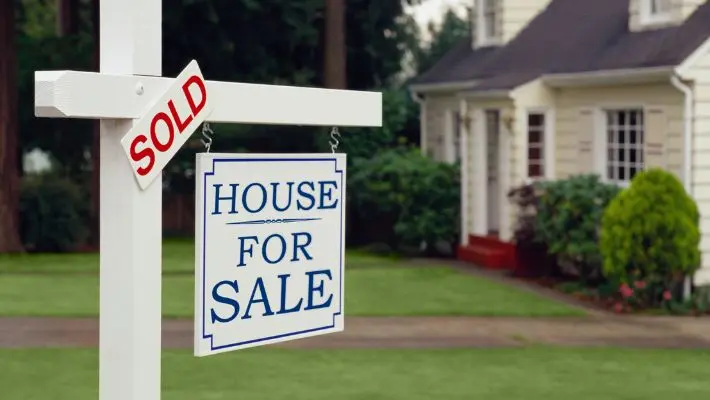
5 Things that Impact the Price of a Home
A home’s location, features, age, and condition are amongst the factors that impact the price of a home when selling.
One of the most important steps involved in creating a listing for your property for sale is to set the right selling price. To successfully price your listing, you’ll need to understand the different things that can impact the price of a home.
When working with a top-performing agent that’s a local sales expert, you’ll be guided to determine a strategic listing price to strengthen your position in the marketplace. However, it can be helpful to get familiar with the different circumstances that can affect the overall price of a home.
5 Considerations for Setting the Right Price of a Home
Here are five things that all sellers should know about determining the price of a home to better understand their upcoming sale.
#1. Location
When setting the price of a home, location is one of the first considerations to be made.
Since home values are determined by the area the home is located in, different communities can justify higher — or lower — price points. Location features, such as local amenities, the types of homes in the neighborhood, and proximity to municipal infrastructures such as transit and essential retailers, all play a part in setting the average price for homes in a certain area.
When coming up with the right price of a home, agents look at comparables — often called “comps” — to see how much other, similar homes in the area were sold for. This is a way that agents use local market data to develop strong selling strategies for their clients.
#2. Features and Amenities
Does your home include any special features or amenities? Offering in-demand amenities and features can give your home an advantage in your local market while attracting more buyer traffic.
Features and amenities that can increase the price of a home include:
- Large yards
- Pools
- Outdoor decks
- Balconies
- Covered garages
- Fitness rooms
- Home offices
- Smart Home technologies
- High-value building materials
- Home theater or game room areas
Recently upgraded property features typically merit higher home prices, especially when they respond to items that are currently in demand with buyers in your neighborhood. Your agent can help you strategize potential upgrades that could increase the fair market value of your home.
#3. Age of the Home
The year that your home was built is another consideration that can impact the listing price of a home.
In most cases, older homes are more affordable while newly built homes are priced higher. This is due to the fact that new homes usually require less maintenance and upkeep, and have accumulated fewer property issues that would need to be addressed by buyers.
On the other hand, older homes have aged systems — such as electrical and plumbing — as well as older structural features — like the foundation and roofing. This could mean that buyers have to pay more when they adopt the homeowner’s responsibilities after closing.
When calculating the accurate price of a home, agents and professional property appraisers both consider the home’s age.
#4. Property Condition
Regardless of the age of the home, the property’s condition is another critical factor that affects the price of a home.
The better condition your home is in, the higher the price point. Sellers who have properly maintained and cared for their homes are likely to access more profitable sales than homeowners who have not taken proper care of their homes.
The property inspection and appraisal will investigate the condition of the home’s interior and exterior areas, painting a full picture of the home’s level of upkeep at the time of the sale.
#5. Timing
Real estate markets are constantly fluctuating, which can affect the average prices of homes in a particular area. Since the market conditions at the time of a sale can impact the price of a home, when you list your home is a key consideration for sellers.
When the market is experiencing high demand, the prices of homes typically increase. When there is low demand, prices can decline. Other factors, such as economic indicators and events, can also affect home prices.
Top agents always help their seller clients determine the best timing to list their homes to maximize the benefits of their transaction.
Trust a Top Agent to Help Price Your Home
When it comes time to set the price of a home for sale, the best strategy that sellers can adopt is to hire a top-selling agent in their area.
If you’d like to quickly, easily find the perfect agent to work alongside you throughout your transaction, let RealEstateAgents.com help you get connected with top-performers in your market.






